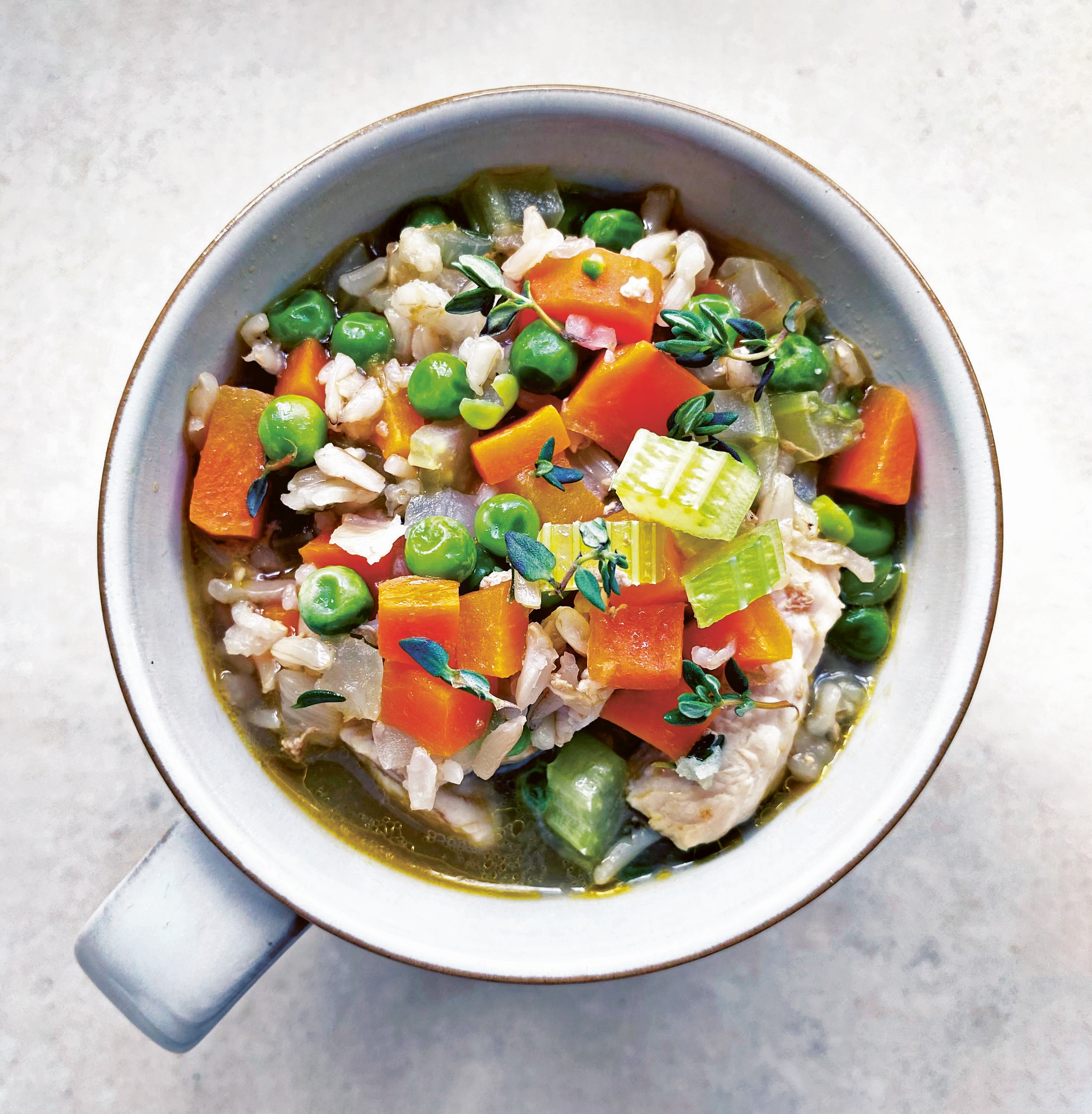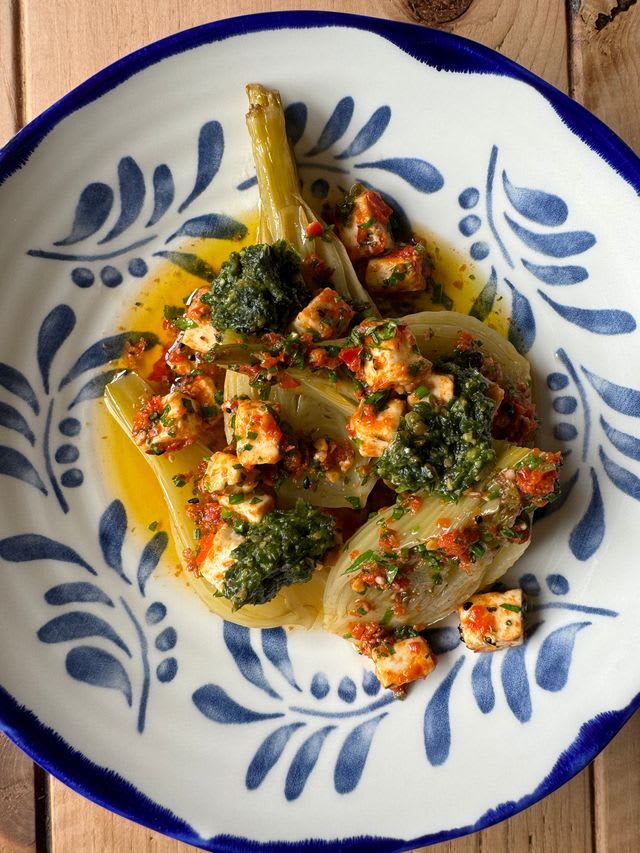After a chance meeting at the Didcot Street Fair I find myself on the way to meet Simon Collison, a man who knows more about the UK’s food and drink industry than anyone you’re likely to meet. I was there to discover the ethos of a man whose enterprise, Foodylicious, had caught our attention. He’s an extremely affable chap, with a generous smile and genuinely enthusiastic tone. I first ask him of the route of his career thus far and discover a raft of leading brands that he was responsible for bringing to the UK consumer.
“I was on a team that launched Cafédirect into the UK,” he begins, setting the tone. “I was also involved with Ecover.” For the uninitiated, Ecover is a brand of cleaning products that was, in many ways, an icebreaker for environmentally conscious products. He was also involved with Bonne Maman with their launch of the Madeleine in the UK, the “first continental cake”, as well as “the number one gluten-free brand, Nature’s Path”. I began to sense something of a trend.
“I think a common theme for me when working with businesses is to try and be the next thing that’s coming around the corner.” This wasn’t always easy. He tells me of his work with Nature’s Path, “I remember going to Sainsbury’s to show them the gluten-free stuff, and they said stuff like, ‘What’s this all about?’ It was almost like a bolt-on to other stuff. Now they have a buyer just for gluten-free products.” Fads certainly come and go, but broad trends, like those Simon has been at the helm of, are far more seismic. So what now for the veteran of UK food and drink?
“I did all that for 30 years,” he says of his time at Northern Foods, where he was among the first to complete their graduate programme. “But now I want to put something back, so I’ve set up something that takes the knowledge base but helps smaller companies.” That something is Foodylicious.
It’s a business in two parts. First, it’s an events company that brings his carefully selected products to food and drink festivals across the country. “I do about 35 festivals across the year, which is a lot. Everything from the big country shows with 90,000 people to smaller events.” The second part is an online retail platform where you can buy, beautifully packaged with free delivery, boxes of the same products he takes to the events. As we talk, orders are pinging in to an iPad to my left.
So what of these products? The first he shows me are the UK’s first, fully biodegradable coffee pods, compatible with Nespresso machines, made by Percol. It’s hard to imagine a more topical concern than that of single-use plastic waste. These are “all made of corn starch and sugar beet” meaning they’re industrially compostable. Through Foodylicious you can also buy Percol’s coffee bags that work just like teabags, giving you a cafetière quality coffee without the faff, as well as their range of iced coffee that comes in “the UK’s first eco can, with no plastic or aluminium in it”. Next up is VitHit, “one of the fastest-growing soft drinks in the UK”. They contain “virtually no sugar – about 10-35 calories, which is unheard of for a soft drink – and no artificial colours or preservatives”.
Simon has kept it tight for very good reason, admitting he “could have five times the number of brands”. The point he stresses is that each of the brands he sells and markets has to accord with his ethos. Yes, they’ve got to be as green as is humanly possible (everything that Simon uses at festivals is recyclable or compostable) but the product has got to be “best in its field”. And having tasted what I’ve described above, I know he isn’t slacking on the latter.
All this discussion of consumer trends gets us onto the broader question: whether we’re more likely to spend a couple of extra quid on something we know is ecologically sound and fairly produced. Here Simon expressed his alarmed distaste at the conduct of multinational companies and the big supermarkets that drive prices down at the expense of the producer and the environment. “I used to work in the dairy industry and it was criminal what I saw happening to the farmers,” he recalls. “Milk was cheaper than water recently, it’s madness. Food in general in this country,” he continues “is far too cheap. It bears no resemblance to the cost of production.”
So what’s the next thing coming round the corner? “I think we’re only scratching the top of the iceberg on biodegradability and packaging,” he replies, with a deliberately mixed metaphor. There are inroads being made and consumers are starting to “vote with their feet”. But until big brands take note and adapt their processes, major supermarkets won’t be forced to change. Simon is optimistic however. The power that supermarkets once had has been diluted by online retail and greater consumer consciousness – just look at what happened to Walkers and Costa. “[Supermarkets] used to be the gatekeepers – it was take it or leave it – but I think those days are pretty much over now.” Viva la revolución.
Head over to foodylicious.co.uk and sign up for their newsletter to stay up to date with what they’re up to.
Or, check out their social sites:








